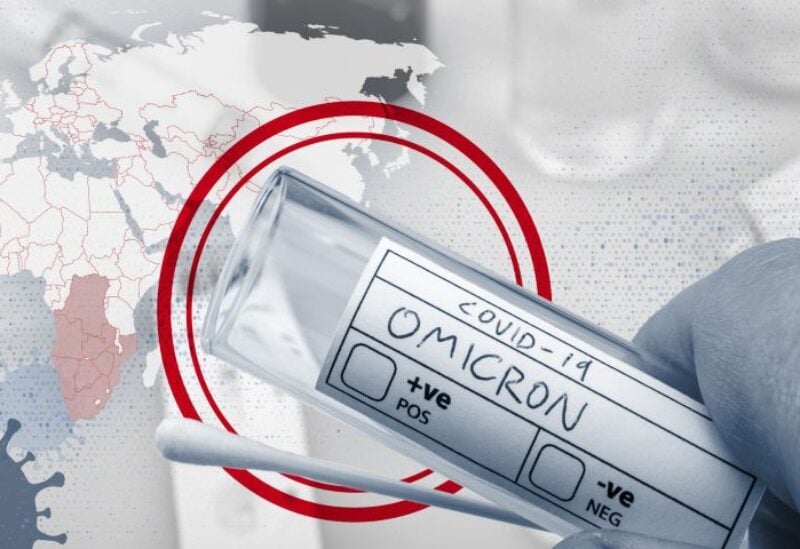
Omicron
The emergence of the Omicron coronavirus variant has highlighted a global need for COVID-19 vaccine equality, especially in conflict zones, the International Committee of the Red Cross (ICRC) has warned, as countries grapple with the new strain.
Omicron has gained a foothold in Asia, Africa, the Americas, the Middle East and Europe and has reached seven of the nine provinces of South Africa, where it was first identified. Many governments have tightened travel rules to keep the variant out.
Much remains unknown about Omicron, which has been detected in more than two dozen countries, but Esperanza Martinez, the head of the COVID-19 Crisis Management Team at the ICRC, said the variant highlights how vulnerable all nations are when large parts of the world aren’t vaccinated.
“Vaccinating tens of millions of individuals living in conflict zones and other difficult-to-reach locations is an urgent need if we are to end the COVID-19 epidemic,” Martinez said in a statement.
“So yet, just a fraction of vaccinations have reached war zones, where families and whole communities frequently lack access to essential health care services.”
According to the International Committee of the Red Cross, more than 100 million people today live in territories under the full or shifting authority of non-state armed organizations, sometimes placing communities out of reach of vaccination efforts organized by ministries of health.
“How do we get to them?” Martinez inquired. “How can we guarantee that they are not left out of vaccination efforts, perhaps exposing themselves to new COVID variants?” It must be accomplished by a broad, determined, and collaborative effort.”
Martinez explained that the ICRC’s responsibility in this complicated endeavor is to assist health authorities and Red Cross or Red Crescent National Societies in implementing national immunization strategies.
The ICRC also enables vaccines in last-mile regions by facilitating access across frontlines through its neutral, humanitarian work and by assisting with transportation and cold chain logistics.
“Armed wars are unpredictable,” Martinez stated. “Infrastructure and health-care systems are frequently weakened and in poor condition.” Negotiations with armed groups can take time and be delicate. It is tough and sensitive to vaccinate folks in these places. It is, nonetheless, required.”
Vaccination rates in conflict-affected nations are alarmingly low.
Around 1.2 percent of the population in Ethiopia, South Sudan, and Yemen is completely immunized. Somalia has a rate of 3.5 percent, whereas Syria has a rate of 4 percent. According to Our World In Data, the global rate of fully immunized children is 43 percent.
“Omicron’s rapid impact on the world demonstrates how critical it is to raise vaccination rates worldwide to limit the danger to health professionals and communities, as well as the possible appearance of further variations of concern,” Martinez added. “Vaccinating individuals in conflict zones is an essential step toward averting the pandemic.” Detainees and those traveling to other regions must also be vaccinated.”